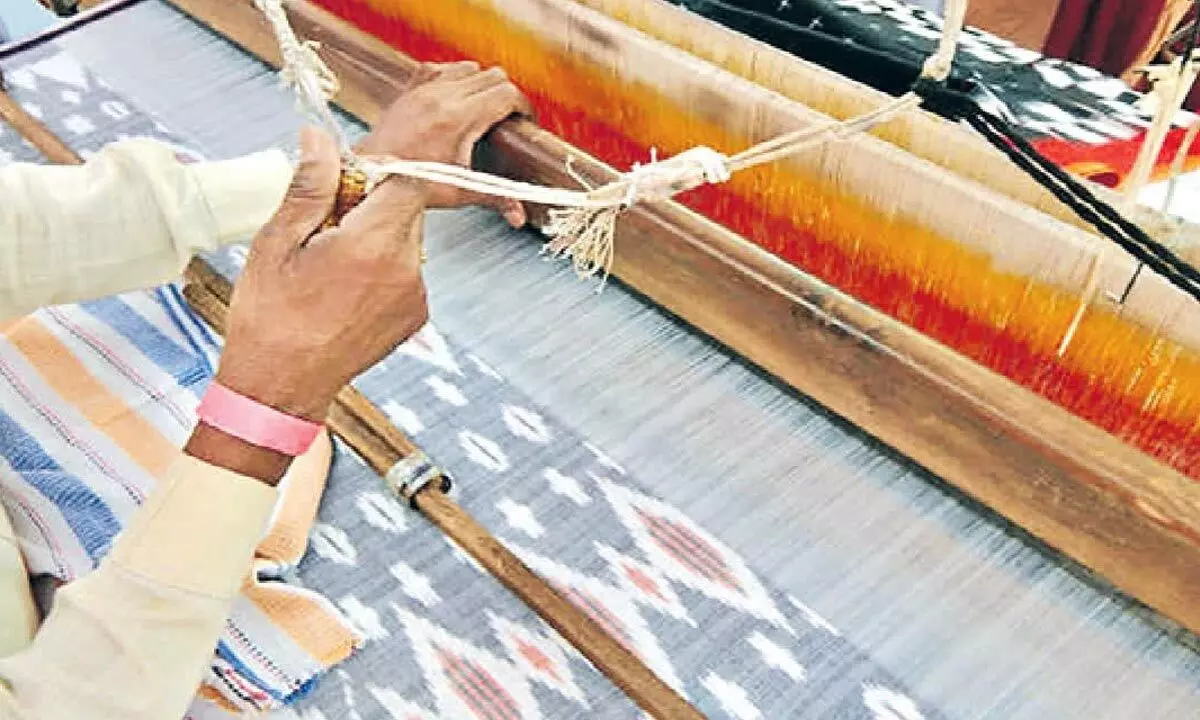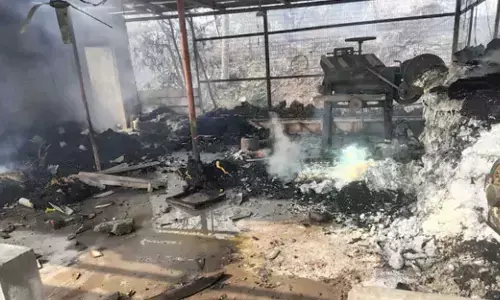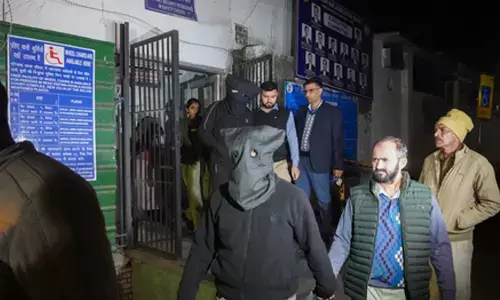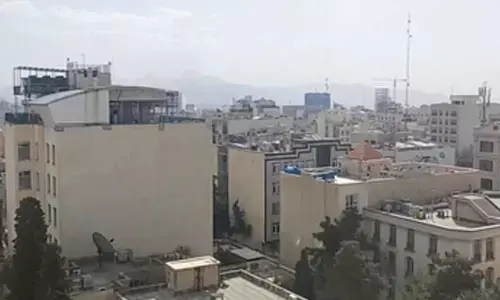Handloom Day to be celebrated today

To preserve the nation’s rich heritage of artistry and craftsmanship, the Government of India (GoI) declared August 07 as National Handloom Day, with the first such celebration being held in 2015.
Hyderabad: To preserve the nation’s rich heritage of artistry and craftsmanship, the Government of India (GoI) declared August 07 as National Handloom Day, with the first such celebration being held in 2015. The date was specifically chosen as an ode to the Swadeshi Movement which was launched on the same day in 1905 and had encouraged indigenous industries and in particular handloom weavers.
The Handlooms and Textile Industry is second only to agriculture in terms of workforce and employment potential. The Telangana State has a vibrant Handloom sector, with six geographical indication registrations (Gadwal, Pochampally Ikkat, Narayanpet, Siddipet Gollabhamma, Puttapaka Telia Rumal and Warangal Cotton Durries). There are 21,750 active geo-tagged handlooms in the State and a population of nearly 50,000 persons are employed as weavers or ancillary workers in the sector.
The power loom sector is mainly clustered in Sircilla, Karimnagar, Warangal and Nalgonda districts with a total of 43,162 geo-tagged power looms in the State. The Bathukamma saree scheme has given a major fillip to the low value grey cloth production in the power loom sector and enabled jacquard and dobby saree production, with a distinctive design and style in addition to improving income and skills of the power loom workers and facilitated the growth of the industry.
In the last decade, Telangana government came up with unique flagship programmes for the development of handloom industry and for the welfare of handloom artisans which includes Nethannaku Cheyutha, Chenetha Mitra (Input Subsidy-wage compensation scheme), Nethanna Bima and others. The government introduced ‘Sri Konda Laxman Bapuji State Awards’ in 2018 and it has been conferred upon nearly 132 weaver artisans. Telangana emerged as the first State to conduct Handloom Census as against Weaver Census to arrive at the exact number of active working Handlooms in the State.
As per the Fourth All India Handloom Census 2019-20, Ministry of Textiles, GoI, Telangana is also one of the major States with the highest banking and insurance penetration among the weaver community. Telangana State Handlooms Co-operative Society through procurement orders, has been able to provide continuous work to weavers and artisans in the State throughout the year to improve the economic conditions of the weavers and workers.
Recognising the importance of infrastructure and integrated approach to usher in rapid progress of the textile sector, the State government is establishing Kakatiya Mega Textile Park in Warangal, Weaving and Apparel Park in Sircilla attracting investments from national and international companies.
The Kakatiya Mega Textile Park (KMTP) emerged as the biggest textile park in India developed over an area of 1200 acres in Warangal based on the development strategy of ‘Farm to Fiber, ‘Fiber to Fashion’, and ‘Fashion to Foreign. Several major companies made investments in KMTP, which is designed to complete the textile value chain starting from ginning, spinning, weaving, knitting and textile processing.
The apparel park at Pedur village in Sircilla has been developed to focus on the entire apparel value chain and to encourage value addition by converting fabrics into garments and to diversify the skill base of the women for alternative livelihoods, who are engaged in the Beedi rolling activity to garmenting.









